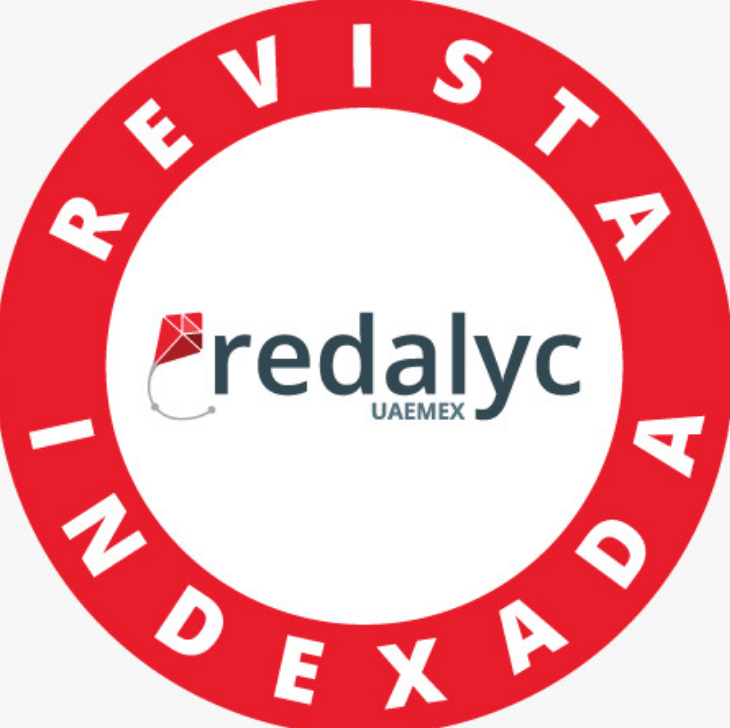Editorial
Keywords:
Editorial of Number 2 Volume 9 of Latin-American Journal of ComputingAbstract
Open ideas, free knowledge
The dissemination of science, more than an opportunity, should be seen as a right for everyone to improve our society through ideas. However, excessive publication costs and predatory practices have tarnished the chances for researchers to spread their thoughts to broader audiences. Open Access publications were conceived to balance these inequities, and the Latin-American Journal of Computing (LAJC) is not an exception.
During the first semester of 2022, our Editorial Board, committed with free access to science and technology, has worked hard to offer better, free, and attractive publication opportunities to researchers worldwide. Our scope was re-structured to cover more areas in the field of computing and informatics, and our reviewer database was expanded accordingly to maximize the feedback quality that we offer to all our prospective authors. As a result, we keep moving forward towards the internationalization of our Journal, introducing in this issue interesting articles of researchers from Ecuador, Colombia, Argentina, Germany, and the United Kingdom.
We begin with an analysis of cyberthreats in virtual power plants in which a heuristic method to evaluate them is used, considering their impact in the stability and reliability of a power grid. In the field of computer forensics, methods to bypass user authentication are analyzed, reducing potential evidence loss when a computer is locked, and access credentials are unknown. Regarding enhanced methods of computer security, mobile phone sensors are evaluated for better accuracy when used for user authentication. A feed-forward neural network is used for evaluating sensors’ discriminability, stability, and reliability for active and continuous authentication. Concerning e-democracy, an e-voting system is presented using a blind signature scheme to guarantee users’ privacy and security of votes.
Finally, LAJC is one of the few journals that welcomes early research results. In this issue, a literature review of techniques for lip-reading teaching to deaf people is presented, which examines recent work combining learning methodologies and technology. Also, the engineering process to develop a personal agenda for blind people is described. This proposal fills the gap in existing mobile applications which are typically not designed for people with visual impairment, paving the road for developing more inclusive solutions using informatics.
Our audience is kindly invited to read this issue which showcase our efforts to increase the outreach of open access research, and our relentless will to maximize the impact of the work developed by our authors, regardless their geographical location.
We are humbly proud of what we have achieved so far, keeping our eyes fixed in an optimistic horizon. We reaffirm our commitment to make LAJC, a free-of-charge vessel for your ideas.
Thank you for your constant support.
Downloads
Downloads
Published
Issue
Section
License
Copyright Notice
Authors who publish this journal agree to the following terms:
- Authors retain copyright and grant the journal right of first publication with the work simultaneously licensed under a Creative Commons Attribution-Non-Commercial-Share-Alike 4.0 International 4.0 that allows others to share the work with an acknowledgement of the work's authorship and initial publication in this journal.
- Authors are able to enter into separate, additional contractual arrangements for the non-exclusive distribution of the journal's published version of the work (e.g., post it to an institutional repository or publish it in a book), with an acknowledgement of its initial publication in this journal.
- Authors are permitted and encouraged to post their work online (e.g., in institutional repositories or on their website) prior to and during the submission process, as it can lead to productive exchanges, as well as earlier and greater citation of published work.
Disclaimer
LAJC in no event shall be liable for any direct, indirect, incidental, punitive, or consequential copyright infringement claims related to articles that have been submitted for evaluation, or published in any issue of this journal. Find out more in our Disclaimer Notice.











